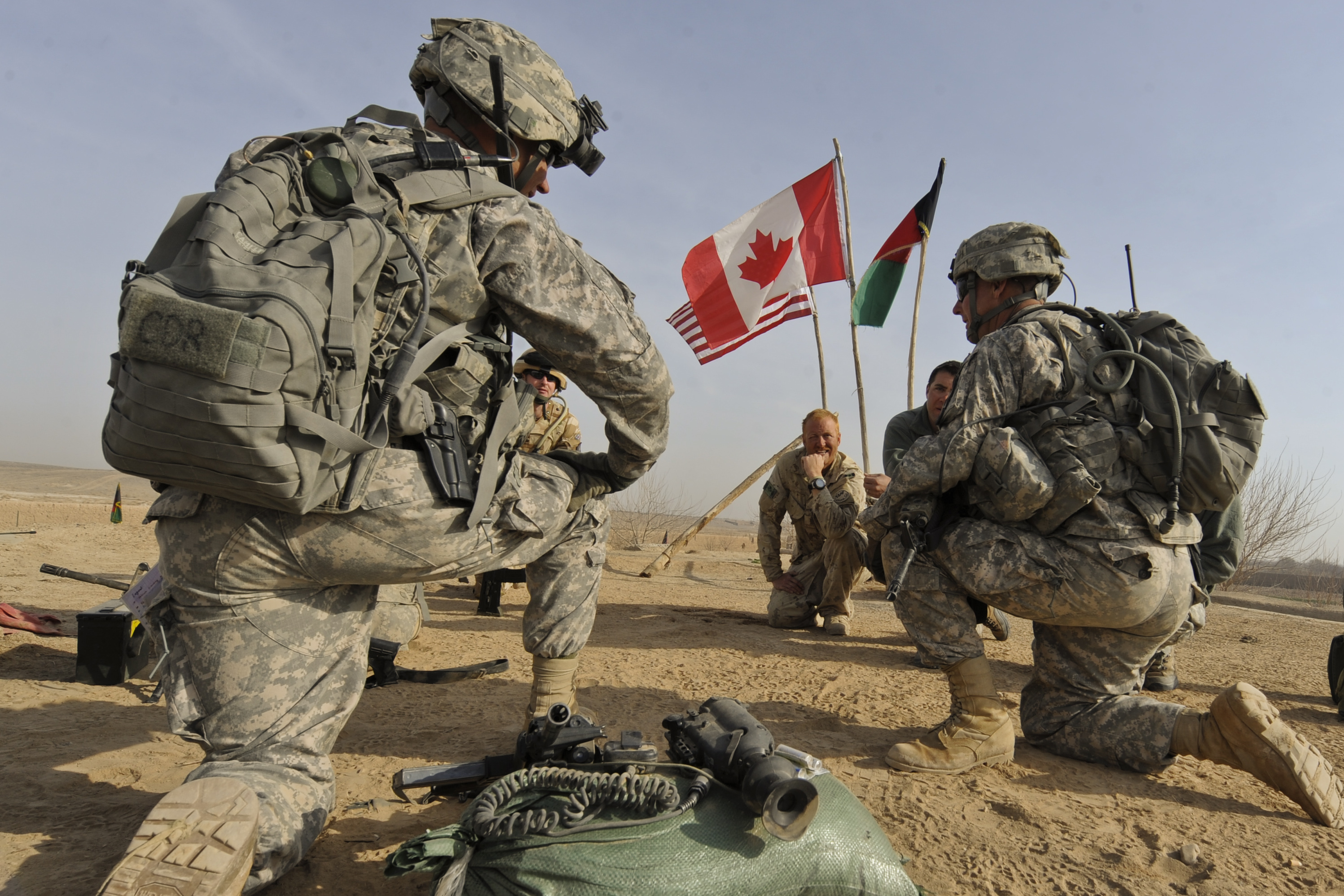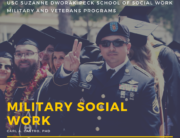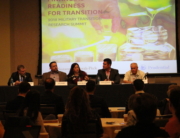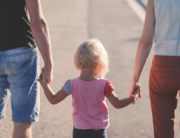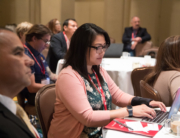by Maya Meinert
Lt. Col. Stéphane Grenier returned home to Canada after serving in Rwanda for nine months in the mid-1990s with the Canadian Forces. Though he didn’t experience combat while he was there, he wasn’t the same when he came back. Grenier soon descended into a deep depression and became suicidal.
It turned out he had post-traumatic stress disorder, but since he hadn’t seen combat, was he even allowed to have those feelings?
“There’s fatigue, wear and tear, that happens on the body when you’ve been on the front line for months,” said Grenier. “It wasn’t what we did but what we didn’t do in Rwanda. The powerlessness affects you. You don’t have to see someone die to experience grief.”
Grenier now leads the Mental Health Commission of Canada’s Peer Project and serves as special advisor to the Canada Department of National Defence’s Operational Stress Injury Social Support Program, both of which offer counseling for veterans. Grenier and others relayed their stories at the Jan. 18 event “Wounded Warriors: Healing the Mind, Body and Soul,” which was sponsored by the USC School of Social Work’s Center for Innovation and Research on Veterans and Military Families, the Consulate General of Canada in Los Angeles, and the Canadian Forces.
The event, which was held at the Davidson Conference Center, focused on innovative and best practices for wounded warrior care in the United States and Canada and highlighted programs aimed at healing the physical injuries of war as well as the mental, emotional and spiritual wounds that are harder to detect.
The School of Social Work has been at the forefront of such research and training. Its military social work program was established in 2007 to address these needs within the veteran and military family communities through the school’s Military Social Work and Veteran Services sub-concentration and Center for Innovation and Research on Veterans and Military Families. The school’s collaboration with the USC Institute for Creative Technologies, which was also highlighted at the event, has yielded the Virtual Patient Avatar training program to help train social workers and other therapists to effectively treat veterans. These initiatives have proved popular: more than a quarter of the students at the school’s San Diego Academic Center, which is near Marine Corps Air Station Miramar and Marine Corps Base Camp Pendleton, are veterans or spouses of service members.
Dean Marilyn Flynn said in her opening remarks that while the School of Social Work has been at the forefront of research and education in the treatment of military veterans, an international comparison was missing. “We are finally drawing on the expertise of others,” she said. “I have great support for the holistic view of treatment that’s being done for wounded warriors.”
Anthony Hassan, director of the Center for Innovation and Research on Veterans and Military Families, expressed the need for collaboration on addressing the effects of the stressors military service members face, including frequent deployments, physical and mental injuries, and adverse consequences on their families and children.
“Our Canadian partners and USC can begin working together in a deliberate and strategic manner to reach out and connect with our veterans, their families and communities to address these challenges,” Hassan said. “This gathering today is what USC represents – a vibrant international culture of community engagement that is committed to serving those who have served us.”
Speakers at the event included not only veterans who have personally experienced the pains of deployment but also those who treat them, including Joseph Bobrow, founder and president of the Coming Home Project, which offers spiritual renewal and a place to connect with peers, and J. Shannon O’Kelley, associate director of operations for clinical services with the UCLA Health System who participates in Operation Mend, which offers no-cost cosmetic surgery to wounded warriors.
U.S. and Canadian military chaplains – those who provide pastoral care to service members of all faiths – spoke about their experiences being counselors of sorts to soldiers in the field. Chaplain Lt. Cmdr. Paul Smith of the U.S. Navy noted that the U.S. military has made progress in providing stress management to its members because the chaplains travel with them while they are “in theater,” or in the field, eliminating the need for special trips to medical facilities.
Chaplain Capt. Steven Defer of the Joint Personnel Support Unit in Edmonton, Alberta, Canada, described his role as one that requires patience. “In the military, we’re good at telling people who to be. But we’re dealing with human beings who need to find themselves,” he said. “The battlefield at home is way more complex and way more enduring than in theater. It takes courage, compassion and wisdom to walk with these people.”
PHOTO: U.S. Army Lt. Col. Burton Shields, commander of the 4th Battalion, 23rd Infantry Regiment, meets with U.S., British, and Canadian soldiers during Operation Helmand Spider in Badula Qulp, Helmand province, Afghanistan, Feb. 12, 2010. (U.S. Air Force photo by Tech. Sgt. Efren Lopez/Released)


